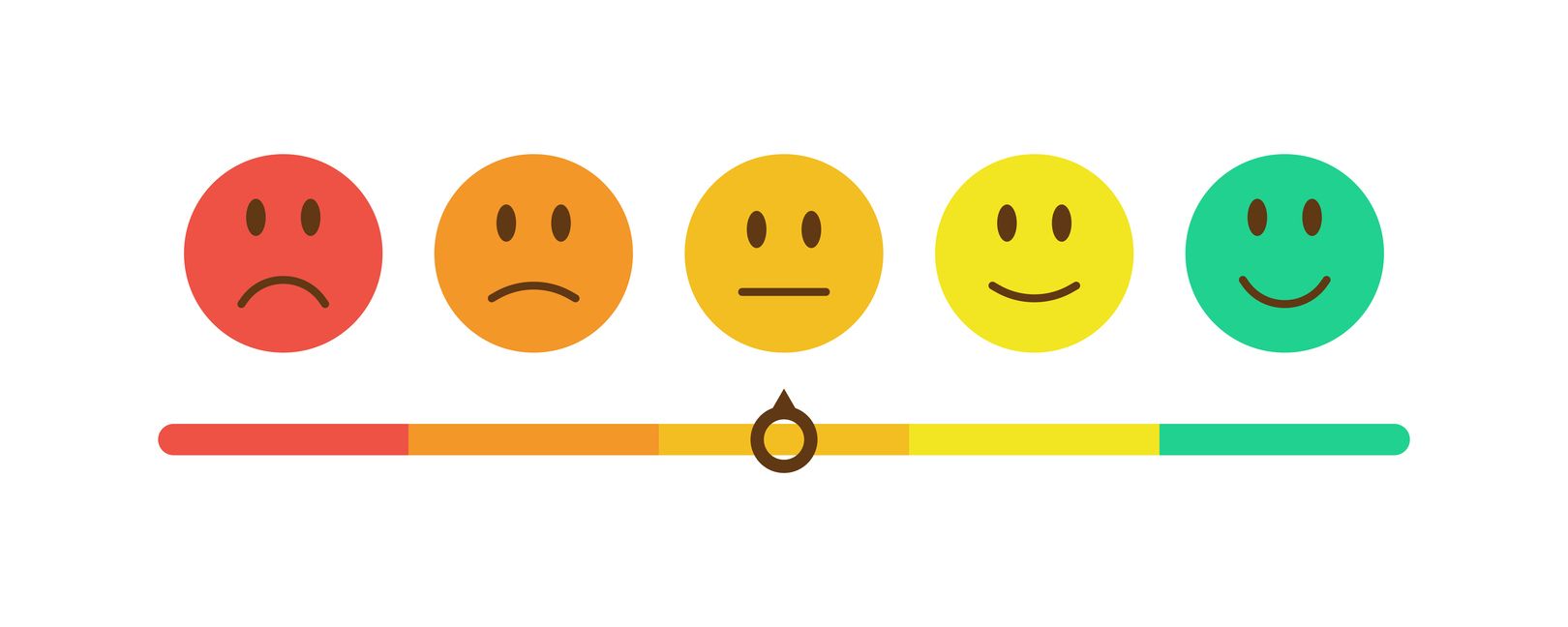Personality tests in pharmaceutical recruitment: an essential strategic asset
Recruitment in the pharmaceutical industry is a rigorous process. It’s not just about assessing a candidate’s technical skills and experience, but also about ensuring they possess the human qualities and behavioral traits required to thrive in such a demanding environment.
This is where personality tests come into play.
Once considered a secondary tool, these tests have now become a strategic asset for recruiters. They offer insights beyond the CV and academic background, helping to understand how a candidate interacts with their environment, adapts to challenges, and collaborates with others.
Why are pharmaceutical companies increasingly using personality tests?
Which tests are the most common?
How do they influence hiring decisions?
Why are personality tests essential in pharma?
The pharmaceutical industry is unique: it combines scientific rigor, technological innovation, and a strong regulatory framework.
That’s why successful recruitment isn’t just about technical skills. Soft skills are just as critical, especially for roles such as:
- Research & Development positions → Teamwork, intellectual curiosity, stress management.
- Sales and Marketing roles → Empathy, communication, results orientation.
- Production and Quality roles → Attention to detail, rigor, compliance with procedures.
- Regulatory Affairs positions → Patience, organization, perseverance.
A bad hire can be costly!
According to several studies, a recruitment mistake can cost up to three times the candidate’s annual salary due to training expenses, lost time, and underperformance.
This is where personality tests help recruiters avoid such costly mistakes by identifying:
The personality traits aligned with the role.
The candidate’s working style.
Their fit with the company culture.
The Most Common Personality Tests Used in Pharma Recruitment
There are several types of personality tests, each offering a unique assessment approach.
2.1. MBTI (Myers-Briggs Type Indicator)
Why is it used?
The MBTI categorizes candidates into 16 personality types based on four dimensions:
- Extraversion (E) vs. Introversion (I)
- Sensing (S) vs. Intuition (N)
- Thinking (T) vs. Feeling (F)
- Judging (J) vs. Perceiving (P)
Example of application:
- An INTJ (Architect) profile could be ideal for a role in R&D.
- An ESFJ (Consul) might thrive in a pharmaceutical sales position.
2.2. Big Five (OCEAN Model)
Why is it used?
This model assesses personality across five dimensions:
- Openness to Experience (Curious or pragmatic?)
- Conscientiousness (Organized or spontaneous?)
- Extraversion (Outgoing or reserved?)
- Agreeableness (Diplomatic or direct?)
- Emotional Stability (Calm or stressed?)
Example of application:
- A biotech researcher with high openness is likely to be more innovative.
- A quality assurance manager with strong conscientiousness will ensure meticulous compliance with protocols.
2.3. DISC Assessment
Why is it used?
The DISC model evaluates candidates based on four behavioral styles:
- Dominance (D): Decisiveness, leadership
- Influence (I): Communication, persuasion
- Steadiness (S): Patience, reliability
- Conscientiousness (C): Attention to rules, precision
Example of application:
- A “D” profile could be an effective production team manager.
- A “C” profile would likely excel in a quality control position.
2.4. Hogan Personality Inventory (HPI)
Why is it used?
The HPI focuses on workplace personality and helps assess:
- Stress management capabilities
- Leadership and decision-making potential
- Adaptability to work environments
Example of application:
A pharma team manager should score high in both leadership and stress resilience to handle day-to-day challenges effectively.

What impact do personality tests have on recruitment and decision-making?
3.1. A Complementary Tool, Not a Standalone Criterion
Personality tests do not replace interviews or CV analysis — instead, they help fine-tune the candidate selection process.
The goal?
To confirm the recruiter’s initial impressions.
To objectively compare candidates across key traits.
To better anticipate how a candidate will integrate into the team.
3.2. Identifying Risks and Opportunities
Personality tests also help spot potential challenges in a candidate’s profile.
Example:
- A candidate with a low score in emotional stability may struggle to handle pressure in a regulated environment.
- A highly extroverted candidate might not thrive in a purely analytical position.
But this doesn’t mean the candidate should automatically be rejected!
These tests highlight areas where support and development can help the candidate adapt and succeed.
3.3. A Lever for Integration and Talent Development
Pharmaceutical companies also use personality tests to:
✔ Facilitate smoother onboarding for new hires.
✔ Build balanced teams by combining complementary profiles.
✔ Create personalized training and development plans.
Example:
An employee identified as having high
leadership potential could be enrolled in a tailored management development program.
Conclusion: A Powerful Tool for Smarter Recruitment
Personality tests are not a passing trend, but a genuine strategic asset in pharmaceutical recruitment.
They help:
Refine candidate selection.
Optimize integration and talent management.
Reduce the risk of costly hiring mistakes.

1. Why use personality tests in pharma?
To assess essential soft skills for a complex environment — beyond the CV.
2. For which positions are they most useful?
R&D, Sales, Quality, Regulatory — wherever behavioral skills make the difference.
3. Which personality tests are the most commonly used?
MBTI: 16 personality types
Big Five: 5 key traits (OCEAN)
DISC: Behavior across 4 dimensions
Hogan: Personality in a professional context
4. Do they replace the interview?
No. They complement the recruiter’s analysis and help refine the decision.
5. Can they eliminate a candidate?
Not on their own. They reveal areas for support, not reasons for rejection.
6. What are the benefits for the company?
Fewer hiring mistakes, better integration, talent development.
7. In summary?
A strategic tool for fairer, more human, and more effective recruitment.




